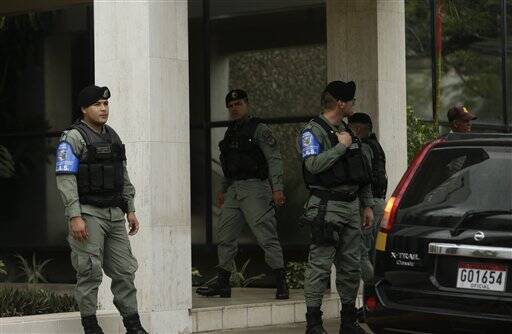On tax evasion and hidden wealth, we are awash in a “sea of criminality,” said Jeffrey Sachs, an economist at Columbia University, on April 5. Mr. Sachs offered the opening lecture at the conference “For the Planet and the Poor,” sponsored by the Keough School of Global Affairs at the University of Notre Dame. Surveying the revelations emerging from the so-called Panama Papers, a vast, unauthorized dump of financial documents, he reiterated a point he has frequently made: The world is not bereft of the resources to end global poverty; it merely lacks the will—and in this instance the force of law—to do so.
Indeed, the Panama investigation, an unprecedented global collaboration among journalists wading through terabytes of financial chicanery, has provided a small glimpse behind the doors of law offices and financial institutions that specialize in laundering large sums of money, hiding it away from the global public and tax authorities. The ongoing investigation has demonstrated how just one firm has helped obscure the wealth of well-known figures from business and politics around the world. Scores of political figures, including members of the Chinese Politburo and Russian President Vladimir Putin’s inner circle, as well as faded celebrities and sports idols, have been exposed by the leak. Only a handful of American addresses have appeared so far. This is not cause for relief or complacency, however. “U.S. citizens have no reason to contact a law firm in Panama” to hide their money, a German newspaper wrote. “That’s because offshore companies can easily be created in U.S. states such as Wyoming, Delaware or Nevada.”
“The United States is smart,” Sachs wryly notes. “We’ve legalized it all.” If so, it is time to revisit U.S. policies that have been overly kind to an already enriched few and cruelly parsimonious before a world of crying need.








